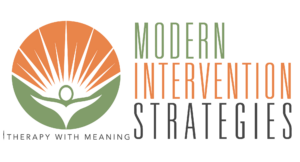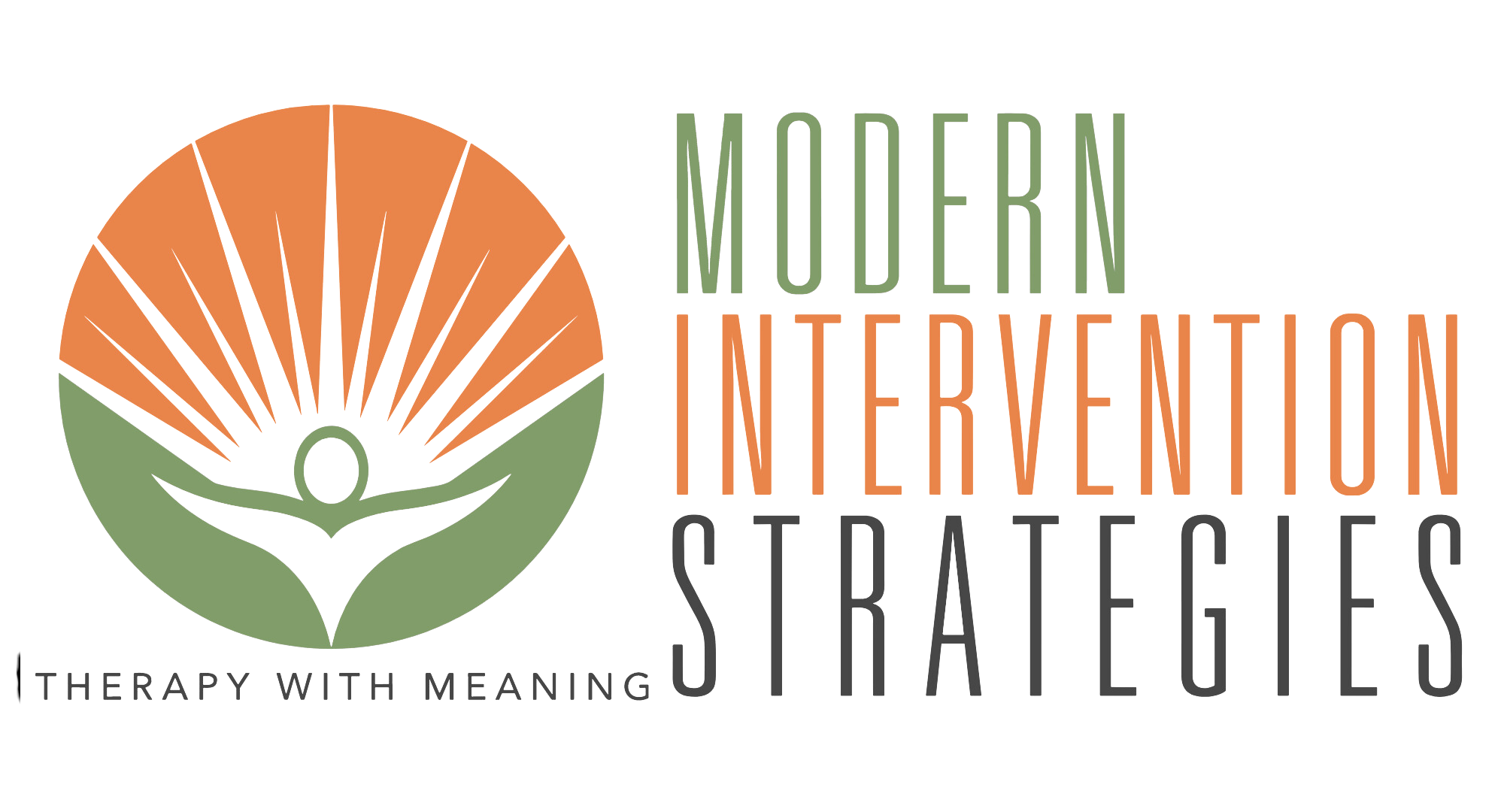You’re not falling apart, you’re just finally too tired to pretend.
You still show up.
Answer the emails. Smile on video calls. Hold space for everyone else.
But somewhere beneath the surface, you feel like you’re fading.
It’s not sadness exactly.
More like dullness, like life lost its color, and you can’t name when it happened.
That’s the ache of low-grade depression, the quiet kind.
The one that doesn’t scream, it hums.
It lives in the spaces between your obligations and your exhaustion.
And if you’ve ever caught yourself whispering, “Is this it? Is this all there is?”
You might be brushing up against existential anxiety, that slow-burning fear that maybe you’re missing your real life while trying to hold it together.

What Quiet Depression Really Looks Like (And Why You Might Miss It)
Low-grade depression, sometimes called dysthymia or high-functioning depression, doesn’t look like falling apart.
It looks like staying functional while feeling spiritually flat.
You might still laugh. Still lead. Still check the boxes.
But inside, you feel like you’re performing “fine.”
Common signs include:
- Waking up already tired
- Feeling disconnected from what used to bring you joy
- Avoiding silence because your thoughts get too loud
- Questioning the point of your effort, even when it’s working
It’s not dramatic enough to call a crisis.
But it’s steady enough to drain your light slowly.
The Subtle Signs of Existential Anxiety in High-Achievers
Existential anxiety sneaks in when your life looks “fine” but doesn’t feel like it fits anymore.
It’s that quiet panic that whispers: “Who am I now? What am I even doing all this for?”
It’s not that you want to burn it all down.
You just can’t seem to feel at home in the life you built.
You start scanning for meaning. Doubting your choices. Wondering when achievement stopped feeling like joy and started feeling like survival.
Maybe you’re like Corporate Maya, the leader who “climbed the ladder but can’t breathe at the top.”
Or maybe you’re Mission-Driven Maya, the one “buried by the work that was supposed to feel like purpose.”
Both versions of you are trying to reconcile ambition with emptiness, to find oxygen in a world that rewards overfunctioning.

Why You Feel Disconnected Even When Life Looks ‘Fine’
This isn’t laziness.
It’s loss.
The loss of aliveness.
The loss of direction.
The loss of the you who used to feel clear about what mattered.
When your nervous system is constantly performing, proving, or pleasing, your inner world goes quiet.
And that quiet can masquerade as peace, until you realize it’s actually numbness.
You might be caught in what I call The Loop, that emotional cycle of knowing what to do but not doing it.
Where avoidance and ambition collide.
You start strong, hesitate, overthink, and circle back again.
It looks like progress, but it’s really self-preservation.
The Hidden Cost of Holding It All Together
You tell yourself you should be grateful.
That other people have it worse.
That you don’t have the right to feel this heavy.
So you keep performing “fine.”
You say “I’m good” when you mean “I’m barely here.”
But here’s the truth:
Constant composure is emotional exile.
When you keep editing your pain to make others comfortable, you start to disappear from your own life.
You become a version of yourself built for safety, not truth.
When the Ache Isn’t About Sadness, It’s About Self-Separation
Low-grade depression isn’t always about what’s wrong.
Sometimes it’s about what’s missing.
Joy.
Meaning.
Connection.
You might not hate your life, you just can’t feel it anymore.
That’s existential anxiety, the gap between who you are and who you’re pretending to be.
It’s your soul whispering, “I can’t keep living like this.”
And that whisper isn’t weakness, it’s wisdom.
The Loop Between Knowing and Doing
If you know what to do but can’t seem to make yourself do it, you’re not broken, you’re caught in The Loop.
It’s the space between knowing and doing, where perfectionism and fear disguise themselves as preparation.
It’s the illusion of growth that keeps leaders trapped in motion but not progress.
Breaking it starts with one choice:
Stop performing readiness. Start practicing self-trust.
Healing Through Self-Leadership (The Self-Trust Shift™)
When life transitions crack open old patterns, the only way through is self-leadership, not control, not perfection, but presence.
Phase 1: Re-Root — Ground in Reality
You stop pretending and start facing what’s real.
You name what’s heavy. You stop judging where you are and start befriending it.
Because honesty is holy.
Phase 2: Reclaim — Choose Ownership Over Avoidance
You take your choices back.
You let go of the rules that suffocate your future self.
You reclaim your energy, one boundary, one breath at a time.
Phase 3: Rise — Live Aligned, Not Just Alive
You build consistency not from pressure but from trust.
You lead yourself daily, gently, imperfectly.
Because leadership isn’t about certainty; it’s about choosing presence over performance.
The Reframe — You’re Not Broken, You’re In Transition
What if the fog isn’t depression’s punishment but transformation’s doorway?
What if the emptiness is proof you’ve stopped settling for numb?
Existential anxiety is often your soul’s resistance to self-abandonment.
It’s not a breakdown, it’s a becoming.
You’re not losing yourself, you’re meeting yourself again.
Without the noise. Without the mask.
You’re not behind.
You’re just between identities.
And this in-between is sacred.
If You’re in the Fog Right Now
You don’t have to fix your life overnight.
You don’t have to “think positive” your way out.
Just begin by noticing:
- Where am I pretending I’m okay?
- Where am I performing peace instead of practicing it?
- What truth am I avoiding because it might change everything?
Then — breathe.
The moment you stop fighting your current reality, it begins to soften.
What Healing Actually Looks Like
Healing isn’t always happy. Sometimes it’s honest.
It’s brushing your teeth after three hard days.
It’s admitting you’re not ready, and that’s okay.
It’s telling the truth, even when your voice shakes.
It’s learning that rest is productive when it’s restoring your presence.
You’re not lazy. You’re healing.
You’re not lost. You’re in transition.
You’re not broken. You’re becoming whole.

Closing Reflection
You don’t have to become someone new to feel alive again.
You have to stop abandoning who you are.
Pause.
Breathe.
Let your current season be a classroom, not a verdict.
You’re not broken.
You’re between chapters.
And this in-between — this ache, this uncertainty — is where your self-trust begins to grow roots.
Because healing doesn’t start when the fog lifts.
It starts the moment you whisper:
“I’m ready to be honest.”
Grow with what you’re going through.





